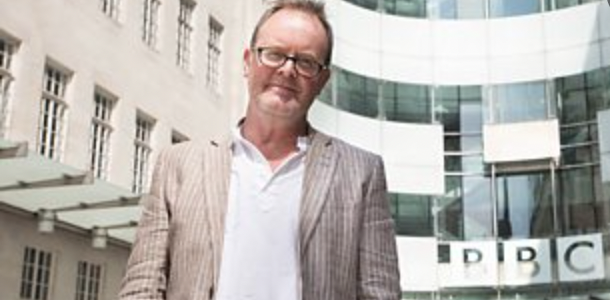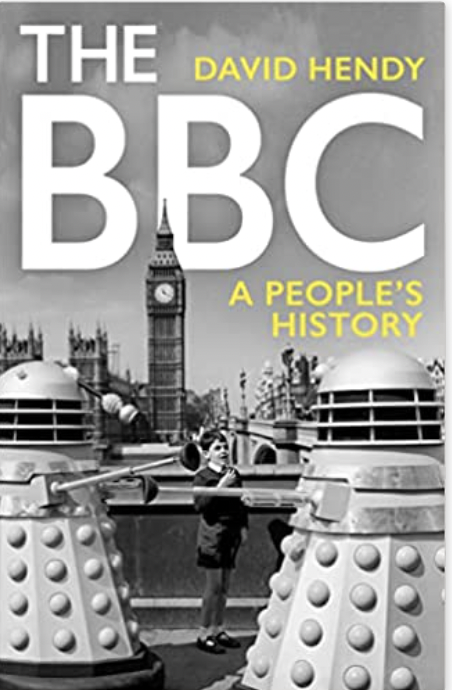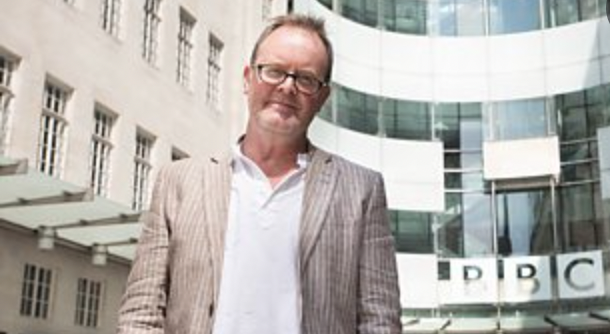
BBC Centinary


BBC at 100, grew bigger, with the expansion of the boundaries of good taste and sound judgement, pandering to the masses, sometimes out of touch.
In 2022, when the BBC celebrates its centenary, its future lies in doubt.
Media historian, David Hendy’s tale of creative endeavour and technological innovation, beset by a constant tension between leading and following the audience, in the UK, where jealous newspaper rivals and hostile politicians have kicked lumps out of the institution known semi-affectionately as “Auntie”, holding the nation’s attention and respect.
In the aftermath of the First World War, and in the founding years, BBC was guided by a “High Victorian paternalism” led by its first Director General John Reith, a strict 6ft 6 inches tall Scot, with a three-inch gunshot wound from war scarring his face.
His motto was “to bring the best in every department of human knowledge, endeavour and achievement” into every home in the land. The mission to inform, educate and entertain – accompanied by inevitable stumbles- was the basis for the BBC’s evolution into modern non-profitmaking public service broadcasting
The BBC has contributed indelibly to the national consciousness: the televised Coronation of Queen Elizabeth II, the Funeral of Winston Churchill, David Attenborough’s Life on Earth series and the opening ceremony of the 2012 London Olympics which brought together the “Beeb” and the NHS in a celebration in a celebration of Britishness. Although the BBC symbolises the national identity, the influence stretches worldwide. BBC has already broadcast between 10 million and 20 million programmes. The World Service reaches 468million people per week, broadcasting in 42 different languages.
David Hendy is obliged to refer to Margaret Thatcher’s “Maoist phase” or take swipe at Kenneth Clarke’s 12-part series Civilisation.
Hendy castigates his “ great man” theory for excluding Africa, Asia and Islam and giving short shrift to women.
A fresh influx of talent arrived in the 1930s as thousands of refugees fled fascism in Europe. The BBC Empire Service ( Later named the World Service) and the BBC Monitoring Service (an eavesdropping operation harvesting vast amounts of information from the world’s airwaves.
As a public corporation dependent since 1946 on a licence fee levied on the public, the BBC remains both financially dependent on the state and nominally editorially independent, especially at times of national crisis like the general strike, the second World War and Suez in 1956.
Alan Bullock, the Oxford historian who worked at the BBC during the war, describes the relationships as “ a constant pull and push”. The government’s effort to turn the BBC into a propaganda outfit foundered on passive resistance and back-channel compromises.
As the BBC grew bigger, with radio and Television channels proliferating the boundaries of good taste and sound judgement expanded. The broadcasting monopoly became untenable, the benefits of competition. ITV forced the BBC to up its game in TV drama and documentary, pirate radio operating off the coast of England obliged the BBC to pick up the pace with pop music, hiring stars like Tony Blackburn, Annie Nightingale, John Peel.
Director-General Mark Thompson’s visionary plan was blocked by the competition commission after lobbying from commercial operators such as Murdoch’s Sky and Virgin Media. BBC platform operating at scale would have offered first-mover advantage against US giants led by Disney, Amazon, Netflix now dominant in the content and streaming space.
BBC has been put on rations, as the Conservative governments since 2010, have forced the BBC to swallow a 30 per cent real cut in funding, including taking on the cost of the World Service previously funded by the Foreign Office. Last month, culture secretary Nadine Dorries, a pulp fiction author, suggested scrapping the TV license fee levied on the public by 2027, without any serious discussion about alternatives.
BBC’s role has become critical and vital in the world of the fragmented media landscape, where disinformation and social media hold sway. The government, last year, boasted that the BBC was the world’s most trusted broadcaster and an essential part of global Britain.
In 1922, three men, Arthur Burrows, Cecil Lewis and John Reith founded the BBC and set to accomplish something utterly bold: using what had been a weapon of war – Marconi’s wireless – top remake culture for the good of humanity.
The BBC: A People’s History by David Hendy, Profile £25, 638 pages.
